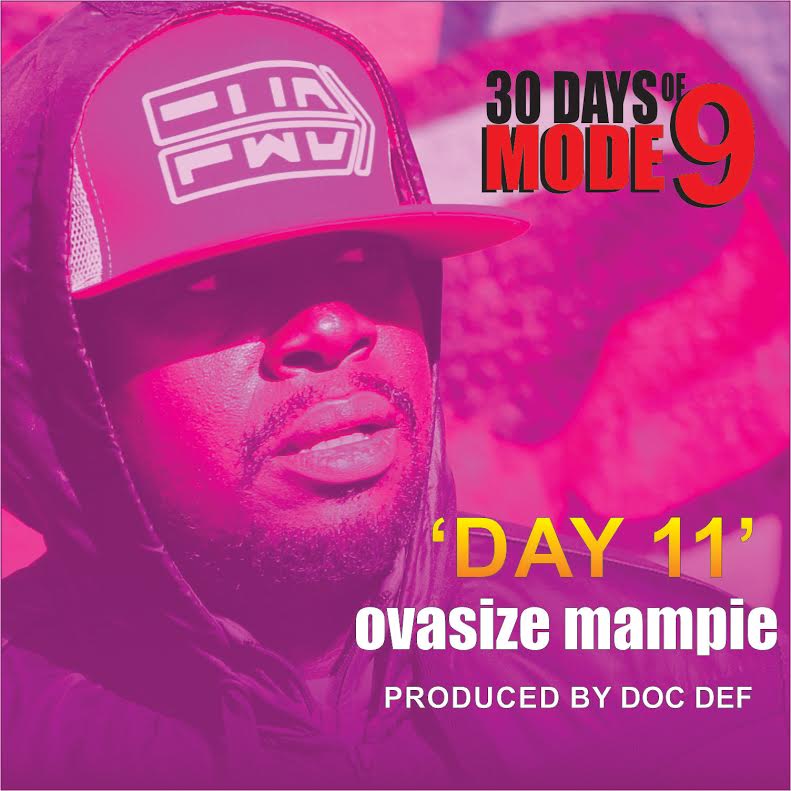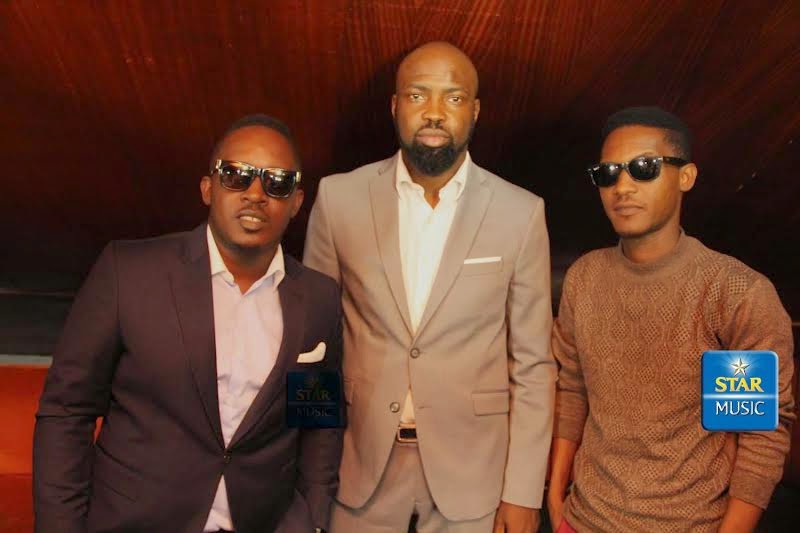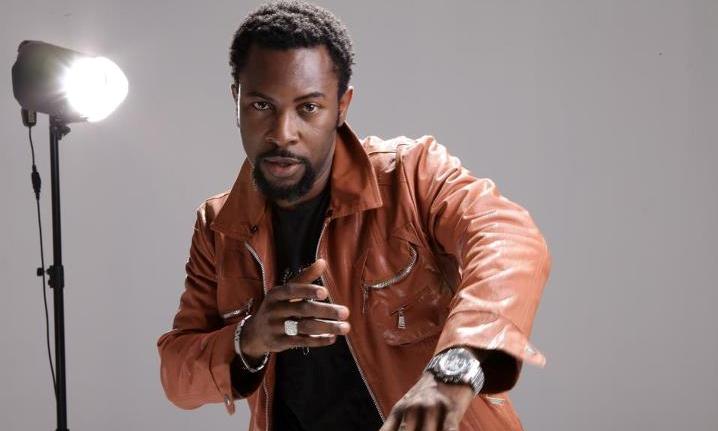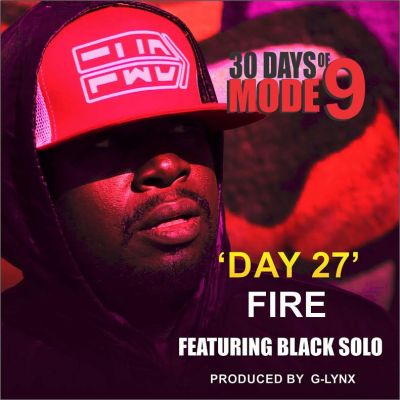
Why you should pay attention to the Fourth decade of Hip-Hop in Nigeria.
Hip hop in Nigeria in the fourth decade has become more hippy; you can say Hip-Hop is now hipper-hop with the emergence of fresher minds bleeding into the industry. The Producers are trippy with the music, the beats have evolved and become artistic and not anymore a sound makeup of instruments meshed together, it has rhythm, it has a soul. I hear fusions of Jazz, Afrobeat, Juju, Trap and endless Symphonies. The singers are talented and the rappers have what to say.
The fourth decade of Hip-Hop in Nigeria is pioneered by artists, at home and in diaspora, coming together to form a hip-hop movement heavily backed by intellectualism, the love and beauty of making music. It is no more about the money of it. The fourth decade has come with it an age of ‘come hard with the passion that cannot be faked or go home’ vibe.
It is also safe to say the fourth decade Hip-Hop Culture in Nigeria came with it an age of independence.
Artists these days despite the want of a record label do not need a record label to push their music. The internet has made world convergence possible and even the media cannot promote a wrong image to the public without an expected upheaval. It is now possible to connect with a lot of people with similar thoughts and interests far and wide at the same time and independent artists lean heavy on that advantage; social media trendsetters for advertising, podcasts to rival listening to the radio and, (I’m not saying the originals will become obsolete, like eBooks and hardcovers, but it better progresses the movement), these I feel are what make the fourth decade hip-hop culture better than its predecessors.
Hip-Hop has had an overwhelming influence in localities in Nigeria, almost the whole society. Hip-Hop is more than music in Nigeria; Hip Hop is a movement of the people, a struggle to be heard, and a culture.
Over the past three decades, Hip Hop has tried to influence and uplift Nigeria, speaking up for generations and providing a strong voice to a group of people trying to deliver a message. All in all, I give props to Ruggedman for pioneering the era of “lyrical awakening” because of bars and rhymes synonymous with Black American Hip-hop, depicting intellectual and artistic skillfulness, Edris Abdul-Kareem spread a good message with his “Mr Lecturer” and “Jagajaga,” like Modenine’s “Cry” and M.I “Crowd mentality.” There is also the fashion influence hip-hop brought with it to Nigeria, an influence to look “Fly,” to be trendy and fashionable in hip-hop is a plus for any artist, you just need that sauce. But, the third decade of Hip-hop lost its way and became a zone for anything goes as long as people listen and pay for it, it became more about the money and less about the music, less about the fans or having any connection with them.
The third decade Hip-Hop predecessors in Nigeria ran the community like politicians, old men dictating rules of what should be listened to and refusing to allow a breakthrough. And perhaps that is the real reason hip-hop in Nigeria hasn’t bloomed to what it should be, to what South-African Hip-Hop is or the appeal Ghanaian hip-hop has. But it’s coming, with an artist being independent, it’s coming. There is an obvious lean of what is considered hip-hop in Nigeria, what is permitted to be hip-hop, but the fourth decade hip-hop trendsetters are a bunch of progressives not interested in putting their music in a box, what it can be and not be is reserved for the creator, like Miles Davis calling his music Social music, you will argue its Jazz.
Problems the Fourth Decade Faces:

Despite the national prevalence of Hip Hop in Nigeria, there remain a strong and vocal fraction of the community who believe that Hip-Hop represents social subversion, chauvinism, misfits, aggression, vulgarity, profanity, criminality and drug dealing. There has been an argument online that hip-hop should detach itself from crime and more. Such argument likens the Hip Hop community to a mere vehicle for antagonistic social insurrection rather than a credible method of productive social ratification. This argument attempts to undermine Hip Hop and its effects, and thus promotes the notion that positive socio-cultural change is an offshoot of rebellion concerning a historically touchy topic. And that is why other genres are promoted despite how anaemic those forms are. But the fourth decade is here to change such notions. If there are any rebellions in the fourth-decade Nigerian hip-hop culture it’s an intellectual one, you can tell from the mixtape and E.P concepts, the album arts, there is a spark of greatness in everyone, a reach at a higher form of art that their predecessors never dreamed of.
What a time to be alive. The outlet the fourth decade of hip-hop uses is crucial for uplifting the youth, it is hope for the youth seeing youngsters like themselves being passionate, it’s progress that would benefit society entirely if only people opposed to Hip Hop embraced the culture.



























